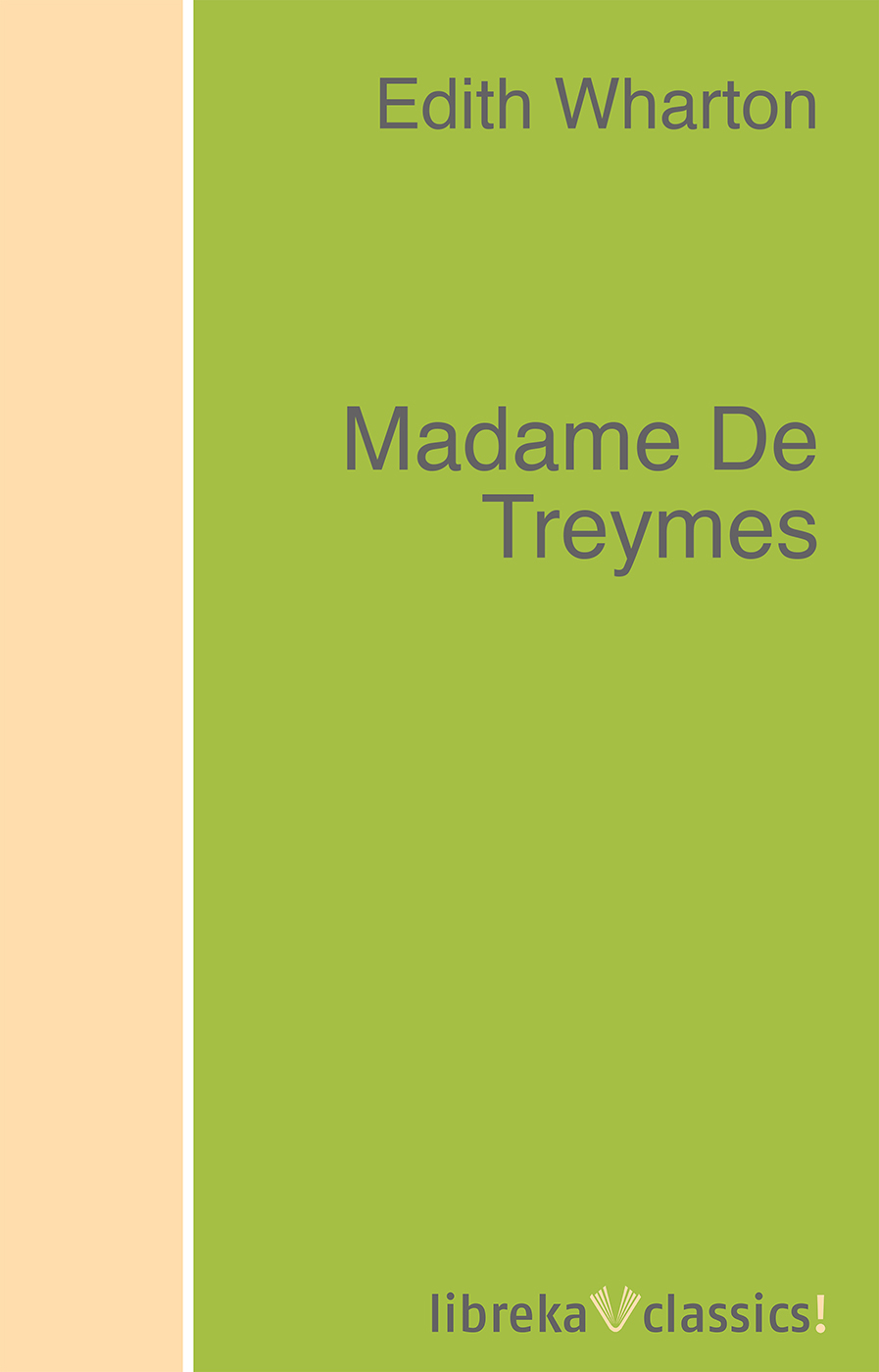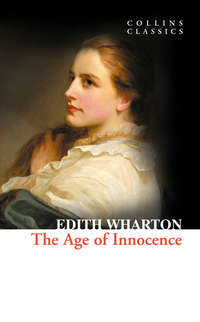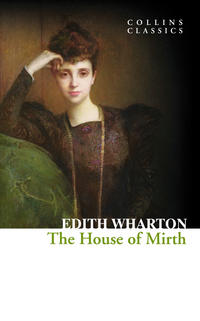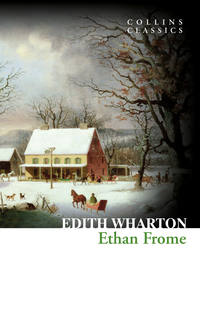
Полная версия
Madame De Treymes


Titel: Madame De Treymes
von Oliver Goldsmith, Samuel Pepys, William Dean Howells, John Burroughs, William Harmon Norton, L. Mühlbach, Franklin Knight Lane, Walter Pater, Jonathan Swift, Augusta J. Evans, Trumbull White, Kathleen Thompson Norris, Matthew Arnold, Charles W. Colby, Shakespeare, James Fenimore Cooper, D. H. Lawrence, James Joyce, Ada Cambridge, Philip E. Muskett, Catherine Helen Spence, Rolf Boldrewood, Ernest Scott, Fergus Hume, H. G. Wells, Victor [pseud.] Appleton, Roald Amundsen, Max Simon Nordau, Henry David Thoreau, E. Phillips Oppenheim, Richard Wagner, Franz Liszt, Charlotte Mary Yonge, Charles Henry Eden, Charles Babbage, T. R. Malthus, Unknown, Joseph Ernest Morris, Robert Southey, Isabella L. Bird, Charles James Fox, Thomas Hariot, Cyrus Thomas, Bart Haley, Christopher Morley, Edgar Saltus, Marie Corelli, Edmund Lester Pearson, Robert Browning, John Aubrey, Benjamin Nathaniel Bogue, John McElroy, John Galsworthy, Henry James, Hamilton Wright Mabie, Mina Benson Hubbard, Elizabeth Cleghorn Gaskell, John Keble, Henry Lindlahr, Richard Henry Dana, Annie Wood Besant, Immanuel Kant, John Habberton, Baron Edward John Moreton Drax Plunkett Dunsany, T. B. Ray, Isabel Ecclestone Mackay, Frank C. Haddock, William John Locke, baron Arthur Léon Imbert de Saint-Amand, Ralph Centennius, United States, Library of Congress. Copyright Office, James Otis, George Hartmann, Sir Arthur Conan Doyle, George Gissing, John Henry Tilden, Thomas Wright, Frederick Samuel Dellenbaugh, Anonymous, J. Clontz, David Hume, Margot Asquith, Elmer Ulysses Hoenshel, Byron J. Rees, Lida B. McMurry, Georges Duhamel, Ramsay Muir, Edith Wharton, Charles Sturt, Lola Ridge, J. M. Stone, Annie Payson Call, Grant Allen, kniaz Petr Alekseevich Kropotkin, Steve Solomon, Isabel Moser, Aleksandr Sergeevich Pushkin, Horace W. C. Newte, Charles Darwin, Maurice Maeterlinck, Walter Bagehot, Henri Bergson, George Randolph Chester, John S. C. Abbott, L. Frank Baum, William T. Sherman, Philip Henry Sheridan, Friedrich Wilhelm Nietzsche, Ambrose Bierce, Ulysses S. Grant, F. Scott Fitzgerald, Alfred Lichtenstein, Abbot of Nogent-sous-Coucy Guibert, Nellie L. McClung, Alice Caldwell Hegan Rice, E. Nesbit, Henri Barbusse, J. M. Synge, Frank Norris, Louis Hémon, Henry Van Dyke, Thomas Guthrie Marquis, Susanna Moodie, Frank Bigelow Tarbell, René Descartes, Kirk Munroe, Francis Hopkinson Smith, Edna St. Vincent Millay, Talbot Mundy, George Meredith, Clemens Brentano, James De Mille, James Allen, Norman Douglas, Bolton Hall, Arthur Christopher Benson, James Oliver Curwood
ISBN 978-3-7429-4376-7
Alle Rechte vorbehalten.
Es ist ohne vorherige schriftliche Erlaubnis nicht gestattet, dieses Werk im Ganzen oder in Teilen zu vervielfältigen oder zu veröffentlichen.
MADAME DE TREYMES
BY
EDITH WHARTON
CHAPTER I CHAPTER II CHAPTER III CHAPTER IV CHAPTER V CHAPTER VI CHAPTER VII CHAPTER VIII CHAPTER IX CHAPTER X
MADAME DE TREYMES
I
John Durham, while he waited for Madame de Malrive to draw on her gloves, stood in the hotel doorway looking out across the Rue de Rivoli at the afternoon brightness of the Tuileries gardens.
His European visits were infrequent enough to have kept unimpaired the freshness of his eye, and he was always struck anew by the vast and consummately ordered spectacle of Paris: by its look of having been boldly and deliberately planned as a background for the enjoyment of life, instead of being forced into grudging concessions to the festive instincts, or barricading itself against them in unenlightened ugliness, like his own lamentable New York.
But to-day, if the scene had never presented itself more alluringly, in that moist spring bloom between showers, when the horse-chestnuts dome themselves in unreal green against a gauzy sky, and the very dust of the pavement seems the fragrance of lilac made visible—to-day for the first time the sense of a personal stake in it all, of having to reckon individually with its effects and influences, kept Durham from an unrestrained yielding to the spell. Paris might still be—to the unimplicated it doubtless still was—the most beautiful city in the world; but whether it were the most lovable or the most detestable depended for him, in the last analysis, on the buttoning of the white glove over which Fanny de Malrive still lingered.
The mere fact of her having forgotten to draw on her gloves as they were descending in the hotel lift from his mother's drawing-room was, in this connection, charged with significance to Durham. She was the kind of woman who always presents herself to the mind's eye as completely equipped, as made up of exquisitely cared for and finely-related details; and that the heat of her parting with his family should have left her unconscious that she was emerging gloveless into Paris, seemed, on the whole, to speak hopefully for Durham's future opinion of the city.
Even now, he could detect a certain confusion, a desire to draw breath and catch up with life, in the way she dawdled over the last buttons in the dimness of the porte-cochere, while her footman, outside, hung on her retarded signal.
When at length they emerged, it was to learn from that functionary that Madame la Marquise's carriage had been obliged to yield its place at the door, but was at the moment in the act of regaining it. Madame de Malrive cut the explanation short. "I shall walk home. The carriage this evening at eight."
As the footman turned away, she raised her eyes for the first time to Durham's.
"Will you walk with me? Let us cross the Tuileries. I should like to sit a moment on the terrace."
She spoke quite easily and naturally, as if it were the most commonplace thing in the world for them to be straying afoot together over Paris; but even his vague knowledge of the world she lived in—a knowledge mainly acquired through the perusal of yellow-backed fiction—gave a thrilling significance to her naturalness. Durham, indeed, was beginning to find that one of the charms of a sophisticated society is that it lends point and perspective to the slightest contact between the sexes. If, in the old unrestricted New York days, Fanny Frisbee, from a brown stone door-step, had proposed that they should take a walk in the Park, the idea would have presented itself to her companion as agreeable but unimportant; whereas Fanny de Malrive's suggestion that they should stroll across the Tuileries was obviously fraught with unspecified possibilities.
He was so throbbing with the sense of these possibilities that he walked beside her without speaking down the length of the wide alley which follows the line of the Rue de Rivoli, suffering her even, when they reached its farthest end, to direct him in silence up the steps to the terrace of the Feuillants. For, after all, the possibilities were double-faced, and her bold departure from custom might simply mean that what she had to say was so dreadful that it needed all the tenderest mitigation of circumstance.
There was apparently nothing embarrassing to her in his silence: it was a part of her long European discipline that she had learned to manage pauses with ease. In her Frisbee days she might have packed this one with a random fluency; now she was content to let it widen slowly before them like the spacious prospect opening at their feet. The complicated beauty of this prospect, as they moved toward it between the symmetrically clipped limes of the lateral terrace, touched him anew through her nearness, as with the hint of some vast impersonal power, controlling and regulating her life in ways he could not guess, putting between himself and her the whole width of the civilization into which her marriage had absorbed her. And there was such fear in the thought—he read such derision of what he had to offer in the splendour of the great avenues tapering upward to the sunset glories of the Arch—that all he had meant to say when he finally spoke compressed itself at last into an abrupt unmitigated: "Well?"
She answered at once—as though she had only awaited the call of the national interrogation—"I don't know when I have been so happy."
"So happy?" The suddenness of his joy flushed up through his fair skin.
"As I was just now—taking tea with your mother and sisters."
Durham's "Oh!" of surprise betrayed also a note of disillusionment, which she met only by the reconciling murmur: "Shall we sit down?"
He found two of the springy yellow chairs indigenous to the spot, and placed them under the tree near which they had paused, saying reluctantly, as he did so: "Of course it was an immense pleasure to them to see you again."
"Oh, not in the same way. I mean—" she paused, sinking into the chair, and betraying, for the first time, a momentary inability to deal becomingly with the situation. "I mean," she resumed smiling, "that it was not an event for them, as it was for me."
"An event?" he caught her up again, eagerly; for what, in the language of any civilization, could that word mean but just the one thing he most wished it to?
"To be with dear, good, sweet, simple, real Americans again!" she burst out, heaping up her epithets with reckless prodigality.
Durham's smile once more faded to impersonality, as he rejoined, just a shade on the defensive: "If it's merely our Americanism you enjoyed—I've no doubt we can give you all you want in that line."









